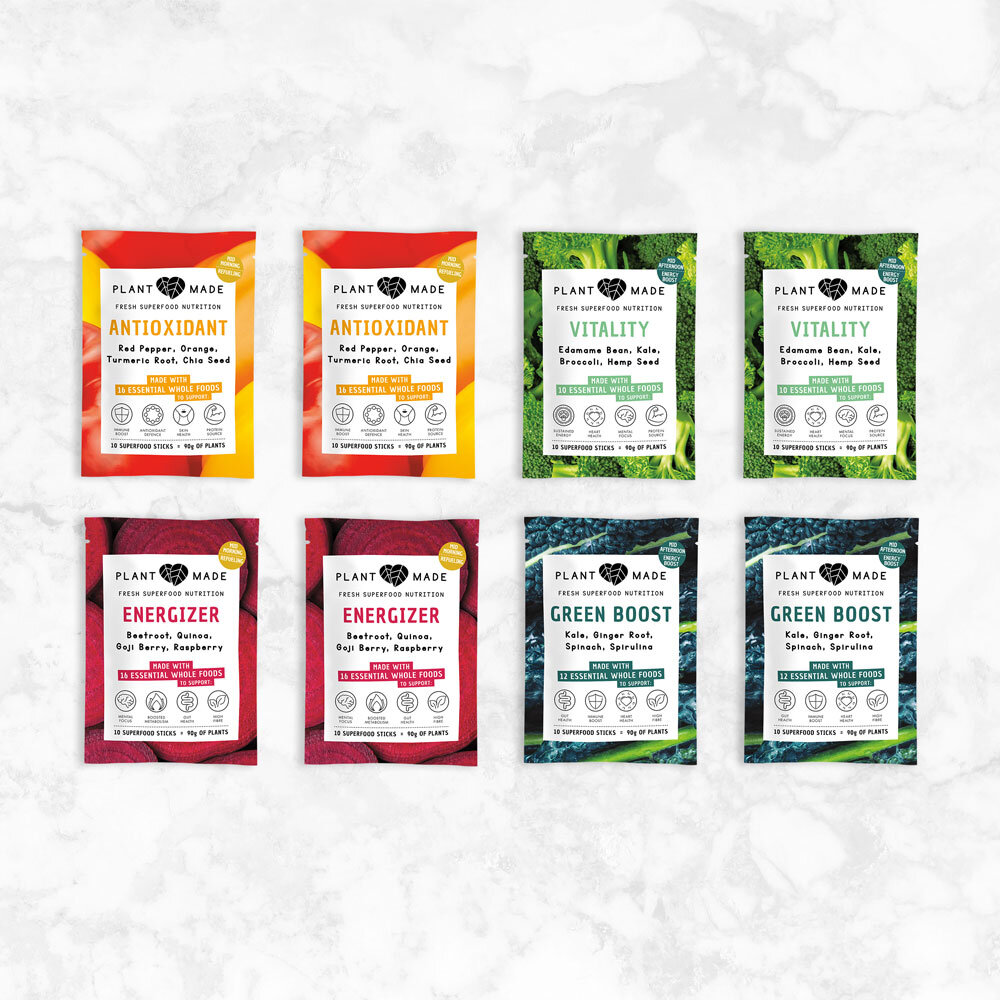The Science of Eating Plants
We all know that we're supposed to eat more fruit and veg, but why is that? With busy lives and an overwhelming amount of choice, it can be daunting to try and get a decent variety of fruit and veg into our diet every day. Don't worry - our nutritionists are here to explain why plants are so important in our diet, and to tell you how to easily get more plant-based goodness in your life.













